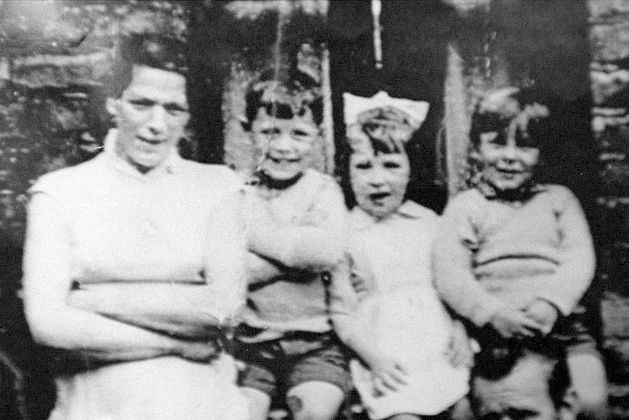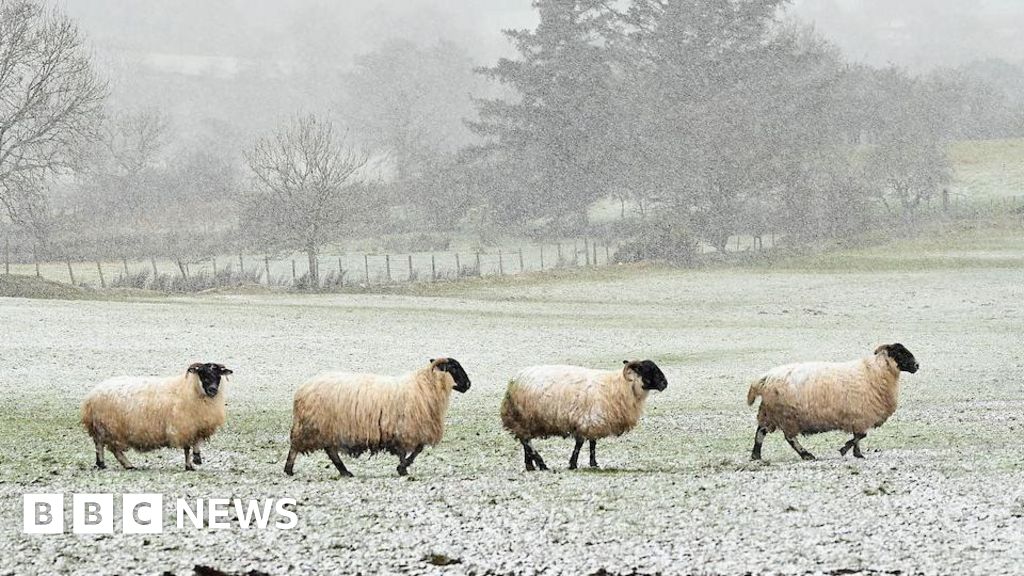Travel
Gardaí sent migrants back over Border to the North on one-way train tickets

Fifty migrants were sent back to the UK from the Republic in the last seven months, mostly to mainland Britain.
Last night, Finance Minister Michael McGrath told a Fianna Fáil meeting that between 20,000 and 30,000 asylum-seekers could come into the State this year if current numbers continue.
This is the first time a senior cabinet minister has said the number of asylum-seekers this year could reach 30,000, with previous estimates by the Government suggesting a figure of 20,000 people.
Mr McGrath is understood to have told the meeting that number of asylum-seekers coming into the State this year had “exploded”.
In February, 25 people were detected trying to illegally enter from the North without relevant visas or travel documents.
Asylum seeker numbers expected to decline once UK deemed safe country – Taoiseach Simon Harris
The figures were revealed in Garda Commissioner Drew Harris’ report to the Policing Authority in March, which detailed how 47 buses had been stopped and searched in the operation.
The searches were part of Operation Sonnet, a joint operation between the Garda National Immigration Bureau and the Immigration Enforcement team in Northern Ireland.
The checkpoints were carried out on the M1 motorway at the Border across four days.
All 25 individuals were subsequently refused leave to stay and were returned to the UK – 19 by ferry to Holyhead in north Wales and six by train to Belfast.
The Fianna Fáil meeting also heard TD John Lahart say the public wants to know that people are being deported when they are issued with deportation orders.
There was also a “very strong view” that there was a need to designate more countries as safe countries, as per previous calls from TD Jim O’Callaghan.
Meanwhile, the policing report also reveals that during a garda operation last October, another 25 people, including three children, were detected entering the Republic without visas or documents. All 25 were returned to Holyhead. The UK Home Office said those stopped were “abusing the Common Travel Area”.
It added: “The UK and Ireland are both able to stop people entering their respective countries if they believe the traveller is abusing the Common Travel Area, as happened in this case. We have no plans for a returns agreement with Ireland for asylum-seekers.”
The garda operations came months before a row broke out between the Irish and British governments over the return of migrants to the UK.
These were stopped in March after the High Court ruled the Department of Justice had exceeded its powers in designating the UK a safe country. The Government is preparing legislation to allow returns to continue in the future. UK prime minister Rishi Sunak said in April that the UK would not accept any migrant returns from Dublin while France refused to accept returned Channel migrants.
Taoiseach Simon Harris urged Mr Sunak to abide by the Common Travel Area returns agreement, but the UK Government said the post-Brexit arrangement was not legally binding.
Justice Minister Helen McEntee had claimed that 80pc of asylum-seekers in the Republic were entering from Northern Ireland, but the figure was disputed.
The dynamics changed again this week when a judge at the High Court in Belfast ruled much of the UK’s Illegal Migration Act could not apply in Northern Ireland because of rights protections guaranteed under the Windsor Framework.
The matter was discussed in the House of Lords yesterday, with UK Labour’s Vernon Coaker suggesting the ruling would leave the UK “in a chaotic and damaging situation of asylum seekers having different levels of protection in different parts of the UK”.
Junior Home Office Minister Andrew Sharpe said he did not believe the ruling would make migrants to travel to Northern Ireland.
He added: “The cohort we are detaining have been considered under existing legislation, so those who are part of that cohort can and will be removed to Rwanda. There would be no benefit to their going to Northern Ireland to avoid removal.”
The DUP’s Gavin Robinson said this week the British Government must act to prevent Northern Ireland becoming a “magnet” for asylum seekers, and have immigration law apply equally.
“It is imperative that immigration policy applies equally across every part of the United Kingdom,” he said.
“Our national parliament should have the ability to make decisions on immigration that are applicable on a national basis.
“If that were not the case, it would not only be a constitutional affront but would make Northern Ireland a magnet for asylum seekers seeking to escape enforcement.”










